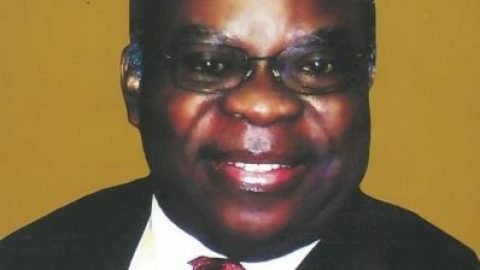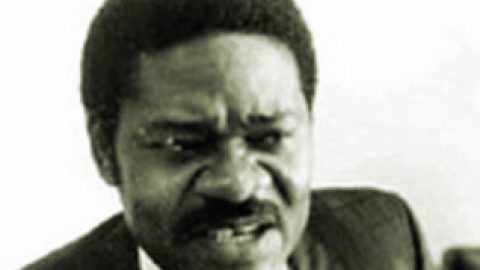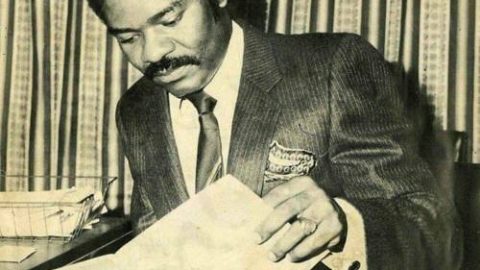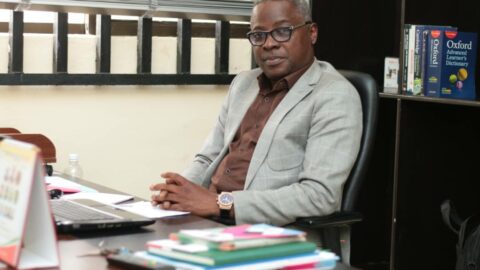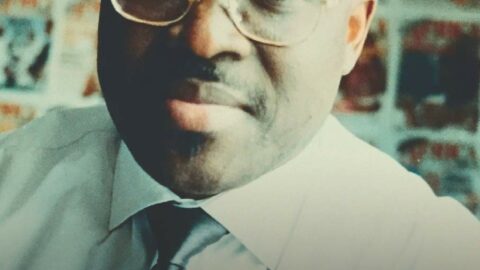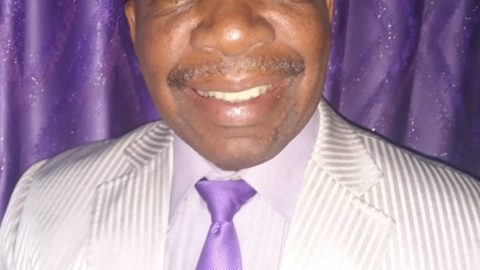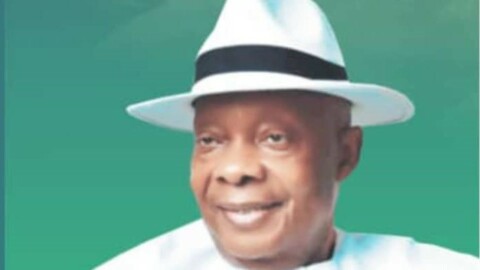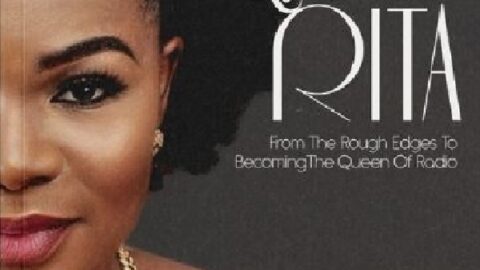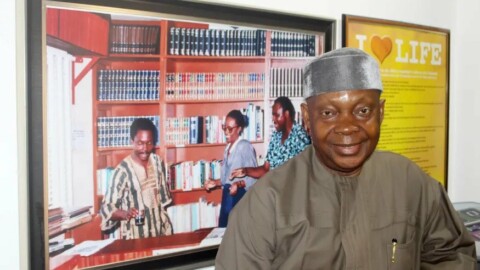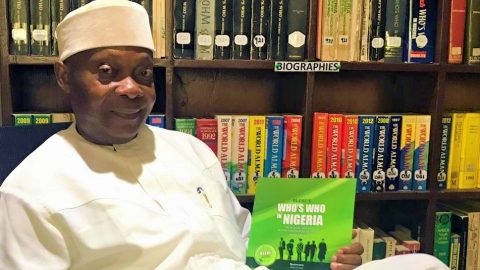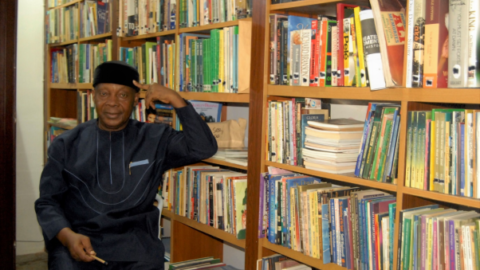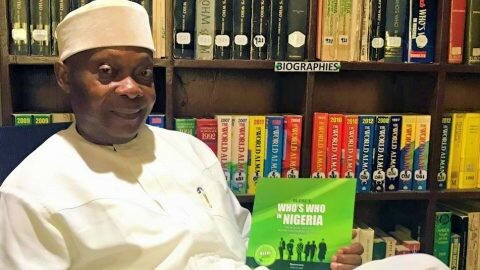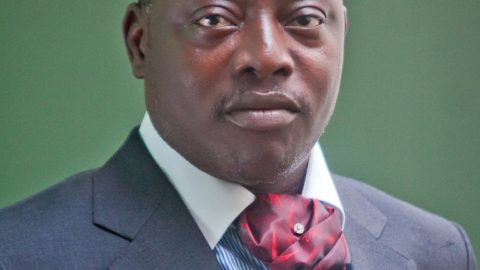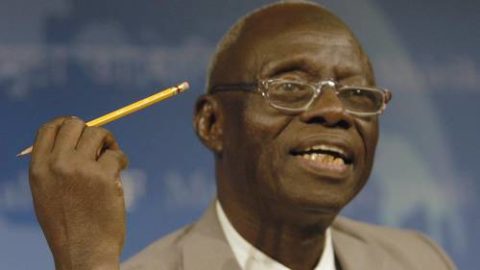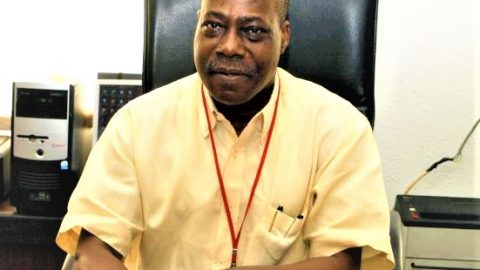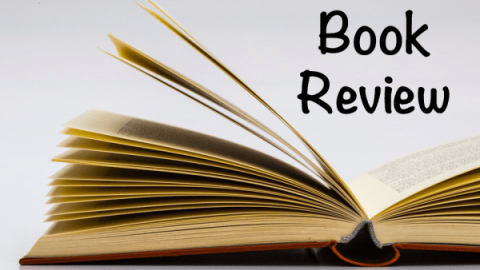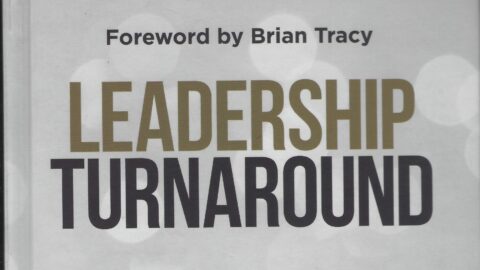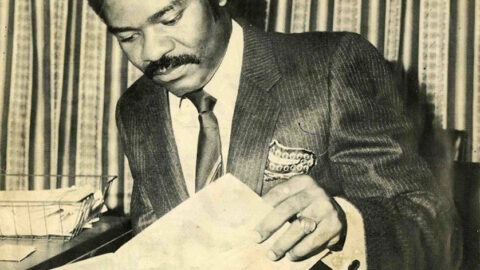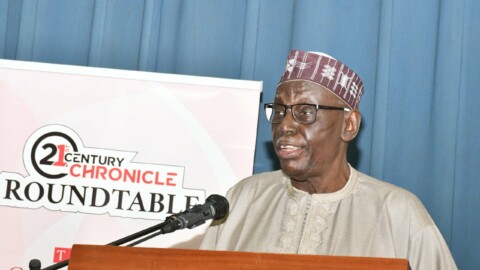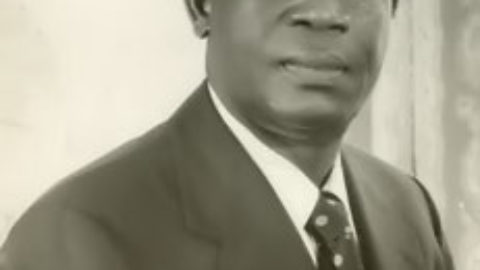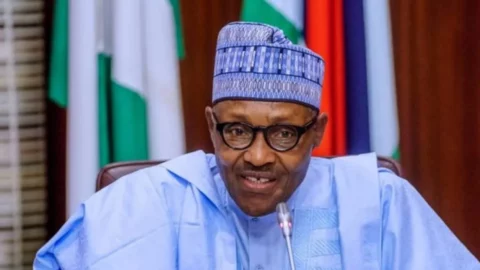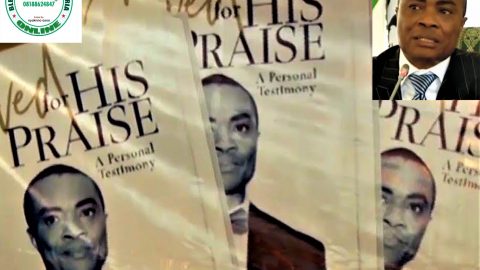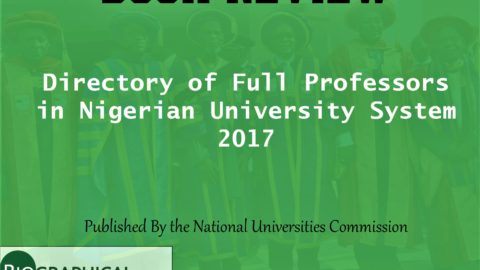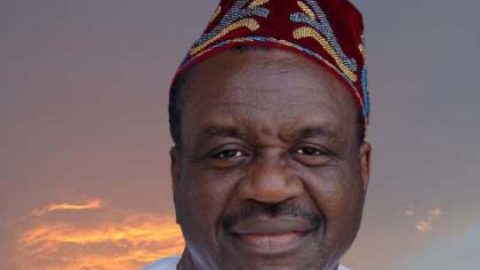In his chosen career path, Nyaknnoabasi Osso needs little or no introduction, particularly among the older generation of Nigerians. His addiction to books, research and documentation is legendary.
He was a foundation member of the team that set up the pacesetting Newswatch magazine, published by Dele Giwa (late), Ray Ekpu and Yakubu Mohammed. Osso was the Librarian and later Editor of the celebrated Newswatch’s Who Is Who In Nigeria.
In his over 50 years in private and public employment, he has straddled the library, information and knowledge management industry like a colossus.
For over 25 years, he worked closely with former President Olusegun Obasanjo, climaxing with the setting up of the Olusegun Obasanjo Presidential Library (OOPL).
No such library existed anywhere in Africa, prior to the establishment of the OOPL, which was his brainchild.
Ahead of OOPL’s establishment, Osso visited many presidential libraries in the United States of America to understudy the kind of library he envisioned for the former president.
Even as the Newswatch brand appears to have faded into oblivion, and OOPL consummated, he has remained relevant in what has become his forte–library, information and knowledge management.
Besides his 13-room fully-stocked personal library in the heart of the Federal Capital Territory (FCT), Abuja, he has delved into what is probably the most ambitious and challenging task of his illustrious career.
That project is not only dear to him, but is seemingly sapping virtually his every resource. He has continued to make a huge financial, mental, physical, emotional and even spiritual investment in a one-stop, first-in-Nigeria biographical information database; a Who’s Who of all times.
It’s designed to showcase Nigeria’s achievers and heroes, home and abroad, dead or alive, dating back to 1861 when Britain annexed Lagos as a colony.
According to Osso, the biographical information database is fashioned to create an unrivalled, authentic, comprehensive and authoritative source of biographical data, which would be meticulously and continuously updated almost on a daily basis as the needs arise.
He describes the online library as a “celebration of lives, times, and achievements of Nigerians…is a monumental online library, the first-in-Nigeria biographical information database that showcases our incredible and bountiful human resources.”
Interestingly, Osso is driving this humongous (if you like, eye-popping) national legacy project via his Foundation–Biographical Legacy & Research Foundation (BLERF).
In other climes, this uncommon enterprise would have effortlessly drawn the support of public and private entities and multinationals in-kind, cash and every imaginable resources.
So far, it has been a solo run for Osso in a country where rich corporations are bankrolling barely-clad youths and morally deficient programmes on cable television.
At some point, he had to dispense with his highbrow hilltop home in Wuse 2, Abuja just to raise the sum of N200 million he needed for a section of the unique project.
But he appears unfazed by the huge financial implications of achieving a monstrous project like the biographical database project.
In an interview, he said: “Our audited financial reports show that we’ve expended over N300 million with only N2.5 million assistance from ExxonMobil in 2013. We are operating now on a shoestring budget as our websites are still on free, open access.
“What makes this database even more potent is that it is literally and globally on our fingertips with any internet handheld device. It is the ultimate online factbook on Nigeria.”
As one of his friends, Aniete Usen remarked: ” In a way, this is the veritable National Library of Nigeria. And there is no doubt in my mind that the man that has made incredible sacrifices to bring about this gigantic achievement for Nigerians deserves a national honour, that is sometimes awarded to girlfriends of politicians.”
The BLERF Philosophy
Osso said: “I thought about the improvements I would bring to the Newswatch Who Is Who in terms of the format it would take. Considering the changes in technology, we decided that one of the best ways was to register a foundation called BLERF.
“What was most urgent was to create a website, because getting to people these days by questionnaire became a problem. With the website, it would be easy to view and follow the entries.
“Then, we decided that people we should bring into the publication should be the makers, movers, shapers and shakers of Nigeria.
“That means we will not capture who is who now, but who is who yesterday. When we talk about makers and shakers, we are referring to makers and shakers of the nation, Nigeria. Many of these people are no more.
“So, how do generations after today get information on them and the role they played, and put in one collection, or one website that would come out as a book, That those who were not there would be able to benefit from the historical record?”
According to him, history and biography go together, adding that a nation that is not fully informed about its history is one that does not know where it is going.
“The BLERF website will bring those we call distinguished Nigerian achievers and heroes/heroines across the ethnic and tribal fault lines.
“BLERF does not deal with politicians and their politics. Although we identify politicians, particularly in the National Assembly, but we cover corporate Nigeria, presidency, public service, academia, private sector, and the like.”
For those deserving of being documented as achievers, movers, shapers and shakers, Osso believes that the important thing is for one to make some contributions in the polity and economy, particularly in their profession or line of business as a Nigerian within and in the Diaspora.
The biographical information database is a celebration of achievers- those who have made serious contributions to the growth and development of Nigeria, who would either be nominated or their achievements are so glaring.
The 1861 Base
Why 1861 as the base year for the documentation of Nigerian movers and shakers?
“That’s the question that comes out quite often. We did not want to start from 1914, the year of Nigeria’s amalgamation. We went back to when Lagos became a Colony. That could be traced to 1861. We believe that since we are talking about the makers, shakers and shapers of Nigeria’s political and economic history, we wanted to have that year as a cut off period we would cover.
“But, we have in our data bank information from 1464. We did not want to go that far back, because most of the information we have at that time were on religious leaders. I believe someday, somehow, we may still capture them.
“They may not fall within the period 1861. But, there should be a way of letting people know that before 1861, there were others who made certain contributions.
“It has come to a stage that this should be seen by those in government, corporate Nigeria and donor agencies that the publication is a national legacy project to preserve the history or the contributions of our people. It is an everlasting project that would outlive generations of Nigerians. We have broken it into two phases.”
Undoubtedly, Osso’s biographical information database with its invaluable national flavour and benefits deserves all the necessary support from the private and public space.
For now, that deserved support is missing. But time, the greatest ingredient of posterity would determine whether Osso would shoulder the huge financial burden of this massive project alone or not.
Culled from THISDAY


